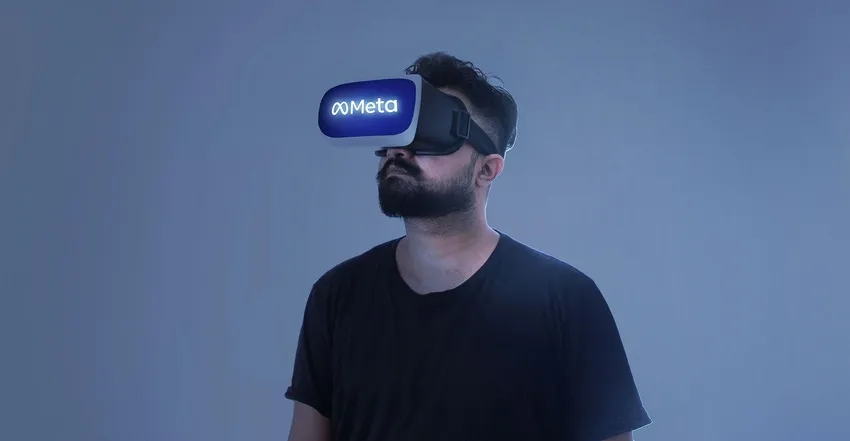Meta’s recent announcement to open-source its Horizon OS, a mixed-reality operating system developed for the Quest 3 and earlier Quest VR headsets, has sent shockwaves throughout the tech industry. The move is expected to have a significant impact on the development of the best VR headsets and accelerate the pace of the metaverse. By making the operating system open-source, Meta is allowing other manufacturers to use it in their hardware, expanding the ecosystem and creating new opportunities for innovation.
According to Meta CEO Mark Zuckerberg, the company has been working with the Android Open Source Project to develop Horizon OS, and its XR-optimized version will now be available for other manufacturers to use. This move is seen as a major shift in the metaverse terrain, as Meta aims to become the “Android” of XR headsets, providing an open-source alternative to Apple’s Vision Pro.
The implications of this move are far-reaching and could lead to the development of a wide range of VR headsets designed for specific uses. Companies like Asus ROG, Lenovo, and Microsoft are already working on projects that harness the power of Horizon OS. Asus ROG is developing a performance gaming headset, Lenovo will create a productivity headset, and Microsoft is partnering with Meta on a limited-edition Quest “inspired by Xbox”. These partnerships will allow for a more diverse range of VR experiences, catering to different user needs and preferences.

Meta’s Open-Source Move Accelerates the Metaverse Revolution
One of the most significant aspects of Meta’s open-source move is the resulting changes to the Quest app store, which will become the Horizon Store. The new store will list not only Meta Quest games, apps, and content but also Xbox Cloud Gaming and Steam games. This expansion will provide users with access to a broader range of content and further solidify the metaverse as a hub for immersive entertainment.
Additionally, Meta’s App Lab is getting an upgrade to make early development games and apps more discoverable. This will enable developers to share their creations with a wider audience, fostering a more vibrant and diverse VR ecosystem.
Despite the excitement surrounding Meta’s open-source move, there are also challenges ahead. The company’s willingness to add Google’s Play Store to Horizon OS has raised concerns about the potential implications for developers and users. If successful, the integration of the Play Store could bring a massive library of Android apps to VR headsets, but it also raises questions about data privacy, security, and the role of Google in the metaverse.
As the metaverse continues to evolve, Meta’s open-source move is likely to have far-reaching consequences. The company’s decision to make Horizon OS open-source has sent a clear signal that the metaverse is no longer just a niche market for early adopters but is instead an emerging platform with the potential to revolutionize the way we interact with technology.
Meta’s open-source move is a significant development in the metaverse terrain, one that has the potential to accelerate the pace of innovation and expansion in the XR headset market. As the company continues to push the boundaries of what is possible with VR technology, it will be exciting to see how the metaverse evolves and what new possibilities emerge for consumers and developers alike.








































